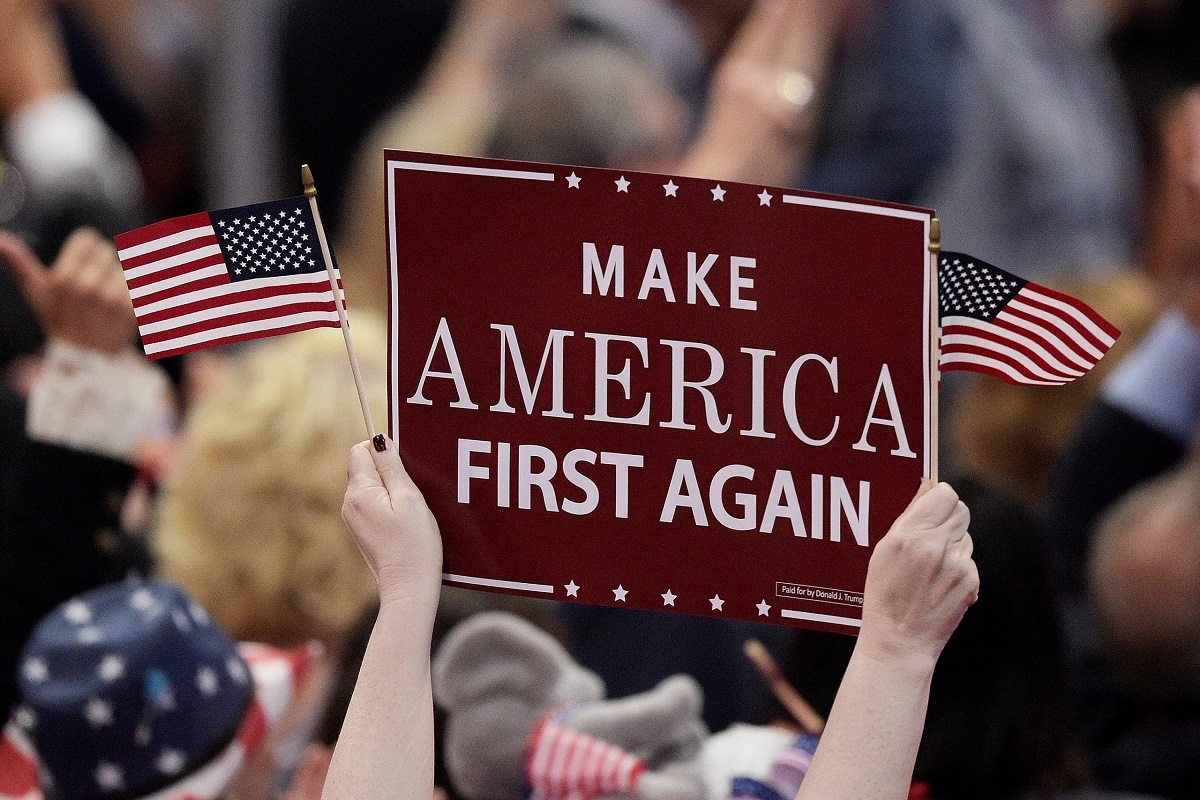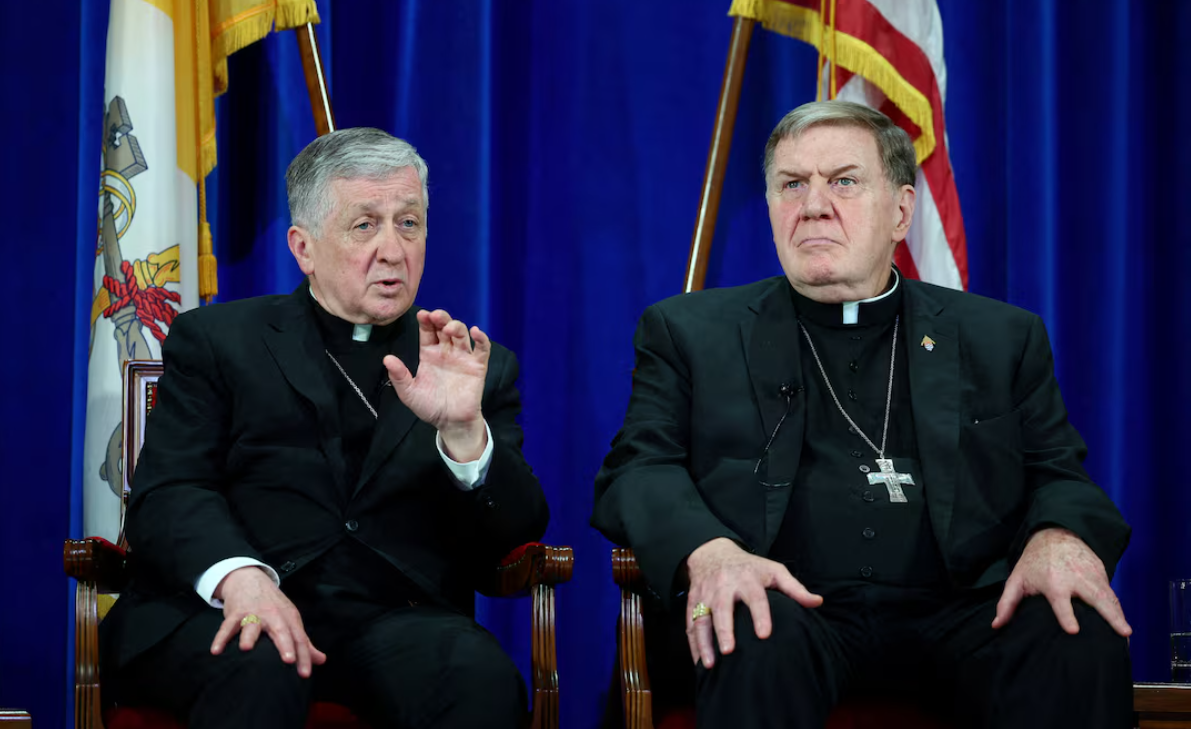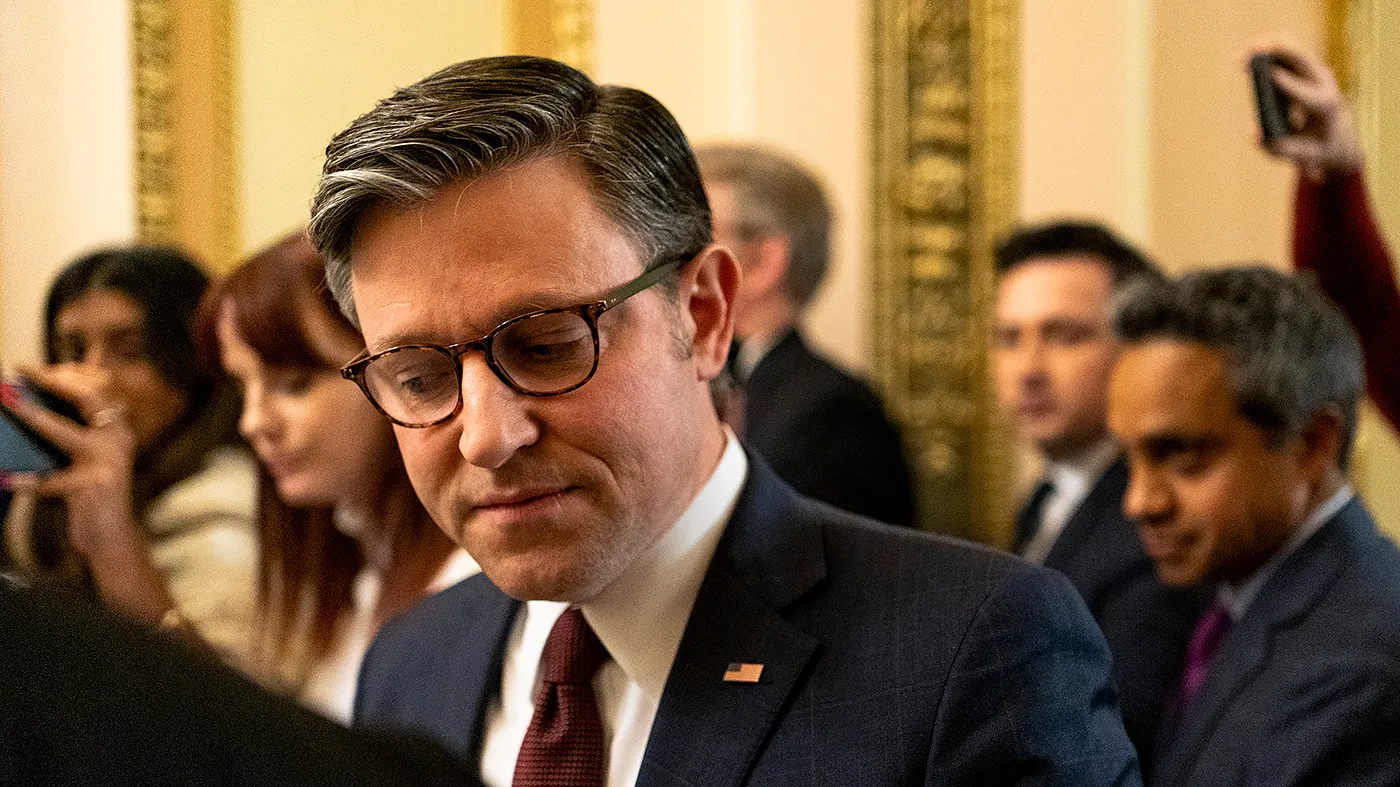Henry David Thoreau wrote that no matter what ails a person, even if it is their intestine, they will try to change the world. This mantra also applies to countries and historically has been a signature of the United States on the international stage.
Unlike the triumphalism that followed the close of the Cold War, the U.S. is abdicating its global leadership. As seems so clear looking at Russia and China, America also is currently its own worst enemy. It is engaging in brazen attempts to dismantle the international economic operating framework it was instrumental in creating.
What ails America is ultimately not to be found in Beijing, Moscow, Hanoi, Tokyo, or Brussels. It is located within the United States. Our real scourges are homegrown, such as the rate of young people’s suicide, the declining life expectancy, the divergence of wealth and power, and gun violence. We need to address these, and they will not be resolved by hectoring other countries and instructing them on what they should be doing. Even U.S. price pressures, which many economists try to link to China, obscure the domestic roots of our problems. That’s especially true for shelter and medical services. Locating the cause of America’s ailments abroad enables policy makers to evade our social questions.
The U.S. increasingly relies on threats of sanctions to ensure allies and adversaries think twice about moving against its perceived national interest of the day. But, just like an aircraft carrier allows extensive power projection, so does access to the U.S. dollar. Without the moral leadership of a robust, vibrant domestic body politic, America’s leadership has become over-reliant on the stick instead of the carrot.
Many recognize that China and Russia are challenging the international order and they clearly cast themselves as revisionist powers. However, in some ways, their violations do not threaten the world order, which is arguably strengthened when the rules of enforced, like a foul in a basketball game. In this sense, the U.S. threatens the international order differently.
One way is the repetition of President Woodrow Wilson’s experience. He proposed the League of Nations, which got international support but faltered with the U.S. Senate. The next chapter is being written now. A key achievement under Treasury Secretary Janet Yellen was an international agreement on corporate tax reform in 2021. Unfortunately, it seems highly unlikely that the U.S. will adopt it.
The same is true of the Rome Statute that established the International Criminal Court. The U.S. helped negotiate the agreement but did not join because it was incompatible with the Constitution. A similar story can be told about the U.N. Convention on the Law of the Seas. Again, the U.S. helped negotiate it but has not signed it yet wants to enforce it.
China’s often unwritten protectionist and discriminatory polices make WTO enforcement more difficult. The U.S. is undermining the multilateral trading system in its own way. Part of the reason the post-World War II General Agreement on Tariffs and Trade was replaced by the World Trade Organization was the need for a more comprehensive effort and a more robust conflict-resolution mechanism as trade practices and issues evolved. U.S. protectionist policies like “voluntary export restrictions” and “orderly market agreements” were, for example, acceptable under GATT but not under the WTO.
Even before President Trump, Washington began to render the WTO adjudication process moot by blocking appointments to the WTO’s appellate body. It appears to be a winning strategy given that the U.S. recently lost two cases before the WTO but can easily effectively block the rulings by simply appealing. For example, a panel of three experts rejected the U.S. claim that the Trump-era steel and aluminum tariffs were justified on national security grounds. Another panel concluded that the U.S. violated international rules by demanding that goods made in Hong Kong are labeled “made in China,” for which it also cited national security. It’s a bad look on the world stage.
During the (first) Cold War, the U.S. used the threat of the Soviet Union to subsume and repress intra-capitalist rivalries. It is going down the same path with Beijing. The subsidies for electric vehicles and batteries in the Inflation Reduction Act should not spur Europe to adopt similar measures and spur what the economic historian Adam Tooze called a “trans-Atlantic industrial arms race” and be distracted from China. Yet, Europe is skeptical of the substance of concessions that the Biden administration has suggested now that it has become law.
The EU will soon formally discuss its response. Germany is proposing a new joint financing instrument through the European Investment Bank and reforming existing state aid rules to allow an increase in national subsidies for green energy. Although Beijing threatens a WTO case over the U.S. chip embargo (direct and indirect), America’s traditional allies seem even more antagonized by recent U.S. legislation that had $465 billion earmarked for subsidies and aid for green energy, electric vehicles, and semiconductor chips.
The global trade system was strained before China joined the WTO in 2001 , hence the replacement of GATT in the first place. Yet, in most American narratives, the story of its victimhood begins in Beijing. The U.S. is still the master of its own destiny. Its actions have a deleterious effect on the international order, in a different way than China, but arguably more profound, while domestic ailments threaten to undermine its capacity for moral leadership.
Barrons
Tags:The U.S.




